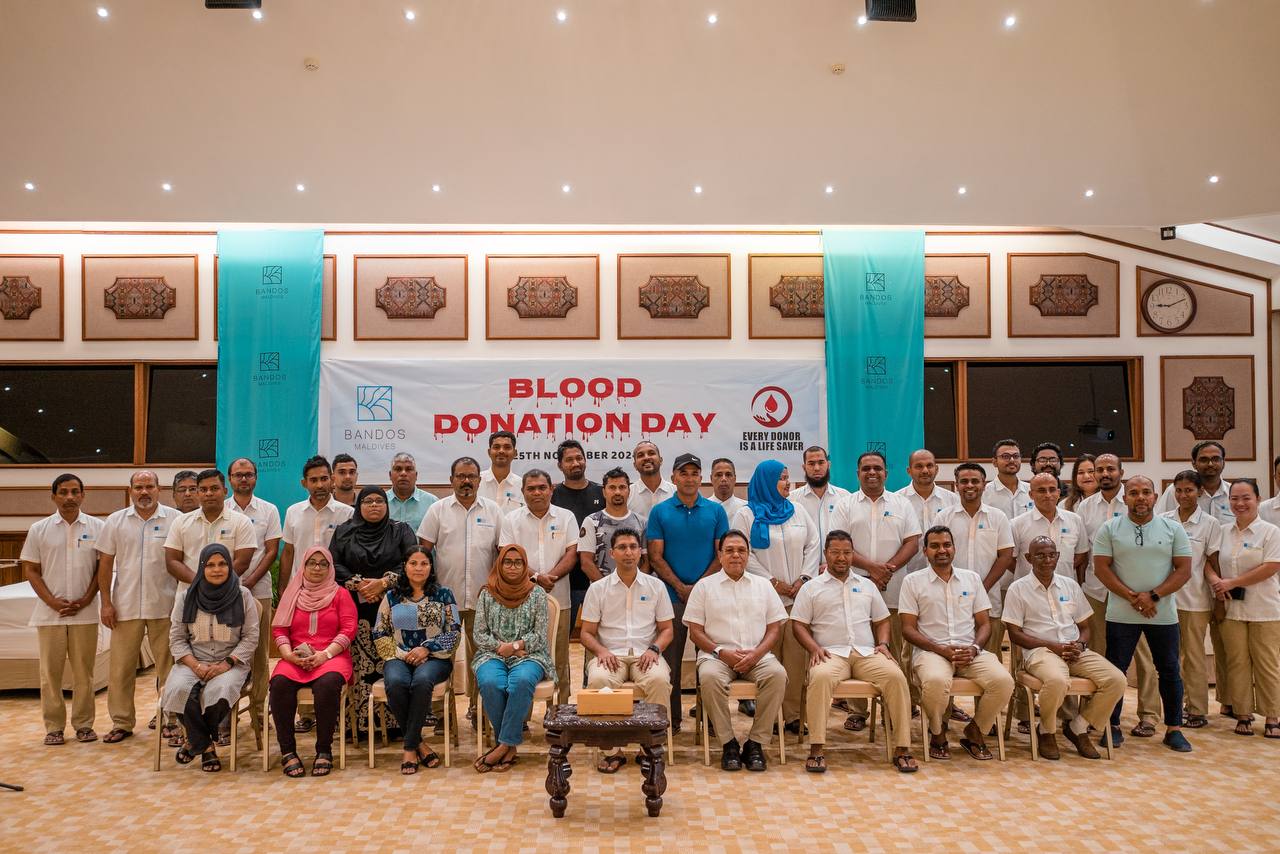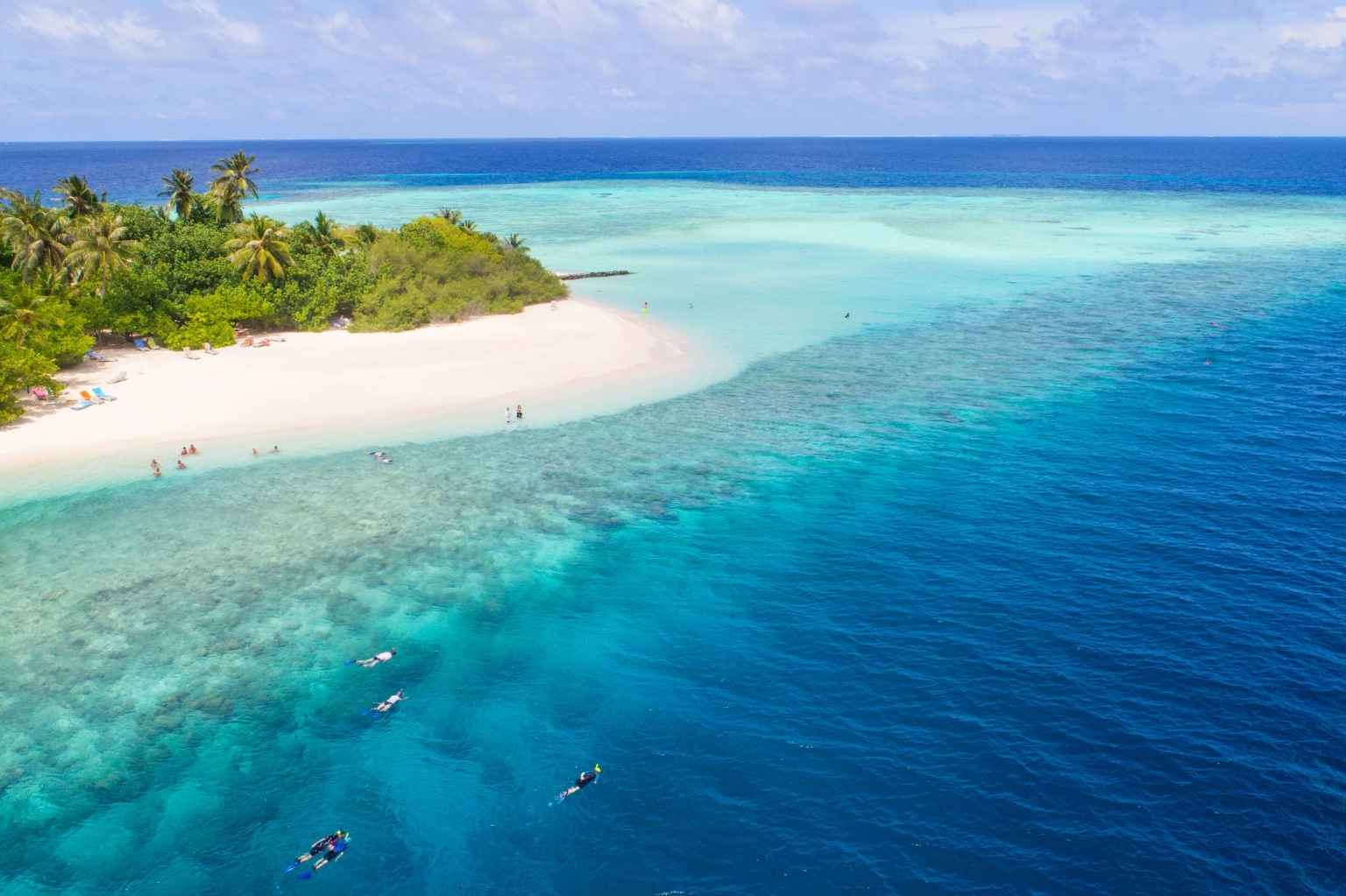Bandos Maldives has once again shown its strong commitment to the local community with its Annual Blood Donor Camp. On 25th November, 2024, the resort hosted this event, which has become an essential part of its efforts to give back. The camp highlights the resort’s dedication to addressing local healthcare needs, ensuring vital blood supplies are always available for emergencies and medical treatments.
Ismail Rasheed, the General Manager of Bandos Maldives, proudly spoke of his team’s dedication:
“We are incredibly proud of our team for their continued dedication to this life-saving initiative. Each year, the enthusiasm and sense of responsibility our employees show are truly inspiring. Our participation in the blood donor camp reflects our collective values of giving back and supporting the well-being of our community. It’s an honor to be part of a team that understands the vital importance of contributing to the health and safety of our local population.”
This year, 45 enthusiastic associates joined the effort, making it clear how dedicated they are to the cause. Their involvement goes beyond just showing up, it is a testament to how deeply they are invested in making a difference. The camp has grown into a tradition that strengthens the connection between Bandos Maldives and the surrounding community, proving that the resort isn’t just a luxury getaway, but a responsible and caring neighbor.
Bandos Maldives Blends Luxury With Community Care
While the blood donation camp is one example of Bandos Maldives’ community spirit, the resort itself is a beautiful escape. Located just 7 kilometers from Velana International Airport, Bandos Maldives sits on a stunning coral island in the heart of North Male’ Atoll. This island paradise has been welcoming guests for over 50 years, earning its reputation as “the island of hospitality.”
The resort offers a range of accommodations, from cozy rooms to luxurious suites, all designed with comfort and style in mind. Guests can choose from four restaurants and three lively bars, offering a variety of dining options to suit every taste. For those looking to unwind, the Orchid Spa provides a peaceful retreat, while the Clubhouse sports complex offers everything from beach volleyball to tennis courts, a sauna, steam baths, and a fully equipped fitness suite. Dive Bandos, one of the Maldives’ oldest dive centers, promises a thrilling underwater adventure for those eager to explore the vibrant marine life.
Bandos Maldives is a place that offers more than just stunning views and world-class amenities. It is a resort that truly cares about its community and works to make a positive impact, through life-saving initiatives like the blood donor camp or simply by providing a welcoming environment for both guests and locals alike.








